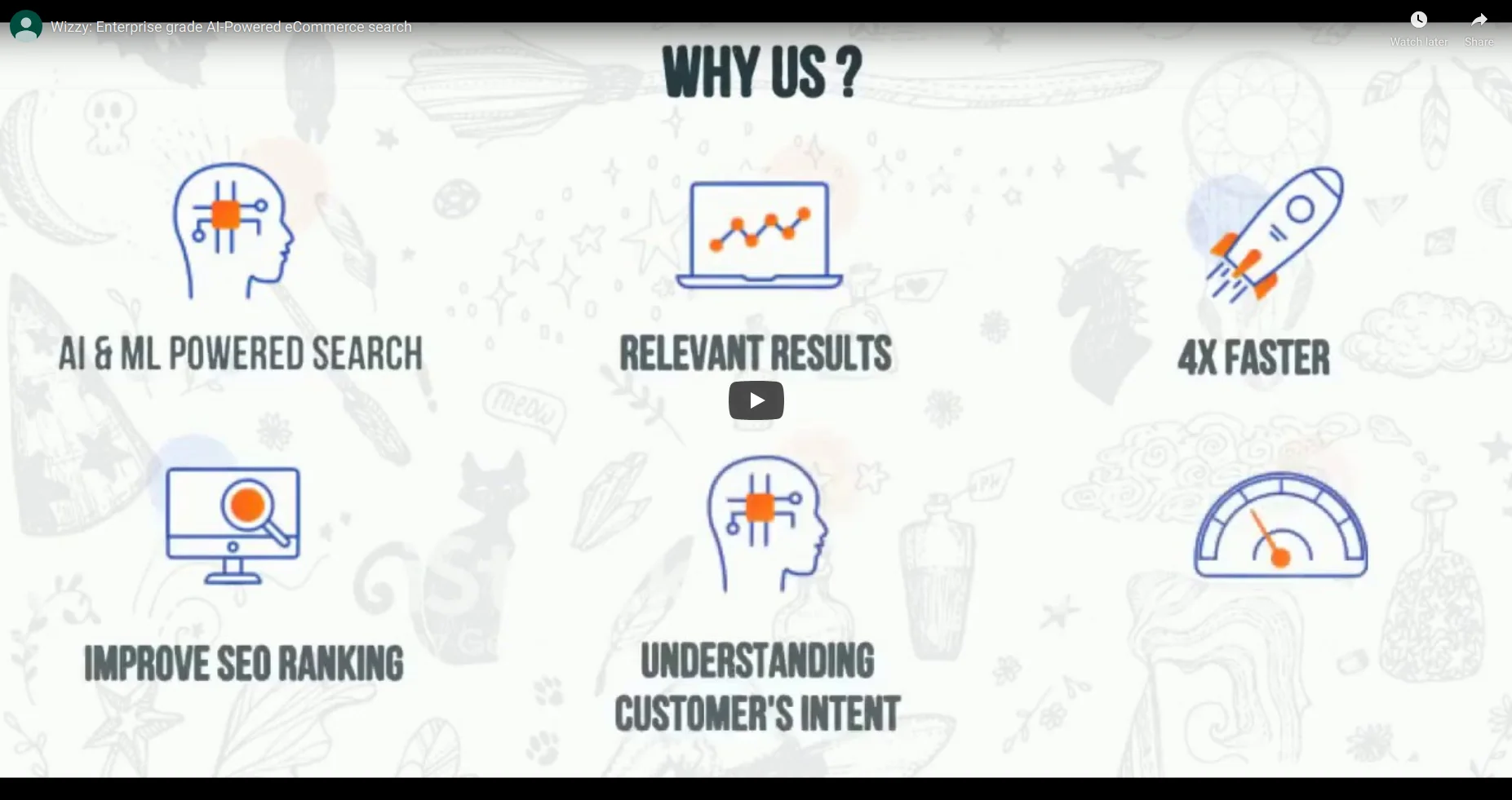The rise of voice search technology is changing the way people search for and purchase products online. As voice assistants like Siri, Alexa, and Google Assistant become more popular, eCommerce businesses need to optimize their sites for voice search to stay competitive. In this blog, we’ll explore the impact of voice search on eCommerce sales and SEO, and provide tips on how to optimize your eCommerce site for voice search.
The Rise of Voice Search

Voice search has become increasingly popular in recent years, with the introduction of voice-enabled devices like Amazon’s Alexa, Google Home, and Apple’s Siri. These devices allow users to interact with them using their voice, making it easier and more convenient to perform tasks such as ordering products, setting reminders, and searching for information online.
According to a report by ComScore, voice search will account for 50% of all online searches by 2020. Furthermore, a study by PwC found that 71% of people prefer using voice assistants to search for something, rather than typing it out.
Voice Search and eCommerce Sales

Voice search is making online shopping faster and more convenient for customers. With just a few spoken words, customers can find the products they’re looking for, add them to their cart, and complete their purchase – all without lifting a finger. This ease of use is likely to increase eCommerce sales in the coming years.
According to a study by OC&C Strategy Consultants, voice shopping is expected to grow to $40 billion in the US and $5 billion in the UK by 2022. This growth is due in part to the increasing number of people who own smart speakers or other voice-activated devices. As more people adopt these devices, eCommerce businesses that optimize their sites for voice search will be better positioned to capture a share of this growing market.
Voice Search and eCommerce SEO

Optimizing your eCommerce site for voice search is also important for SEO. When people use voice search, they tend to use longer, more conversational queries than they would when typing a search query into a search engine. This means that eCommerce businesses need to optimize their sites for longer-tail keywords and natural language queries.
One way to do this is to create content that answers common questions related to your products. For example, if you sell running shoes, you could create a blog post that answers questions like “What are the best running shoes for flat feet?” or “How do I choose the right size running shoe?” By creating content that answers these types of questions, you’ll be more likely to appear in voice search results for related queries.
Another way to optimize your eCommerce site for voice search is to make sure your product descriptions are written in a conversational tone. Rather than using technical jargon or marketing buzzwords, describe your products in language that your customers would use when speaking. This will make it easier for voice assistants to understand and recommend your products to customers.
Tips for Optimizing Your eCommerce Site for Voice Search

Here are some tips to help you optimize your eCommerce site for voice search:
- Use long-tail keywords: As we mentioned earlier, people tend to use longer, more conversational queries when using voice search. To optimize your site for these types of queries, use long-tail keywords in your product descriptions and other content.
- Create content that answers common questions: As we mentioned earlier, creating content that answers common questions related to your products is a great way to optimize your site for voice search. By answering these questions, you’ll be more likely to appear in voice search results for related queries.
- Optimize your site for local search: People often use voice search to find local businesses or products. To optimize your site for local search, make sure your business information (like your address, phone number, and hours of operation) is up to date and consistent across all of your online profiles.
- Use schema markup: Schema markup is a type of code that helps search engines understand the content on your site. By using schema markup, you can provide more detailed information about your products and other content, which can help you appear in voice search results.
- Test your site with voice search: Finally, make sure to test your site with voice search to see how it performs. Ask questions related to your products and see if your site appears in the search results. If not, make adjustments to your site and content to improve your chances of appearing in voice search results.
Conclusion
Impact on eCommerce sales and SEO cannot be ignored. By adapting to this new way of search, businesses can improve their online visibility, increase sales, and improve the overall customer experience.
To stay ahead of the competition, businesses should focus on optimizing their website content for voice search, incorporating long-tail keywords and natural language, and focusing on local SEO. By doing so, they can improve their chances of appearing in voice search results, and ultimately drive more traffic and sales to their eCommerce website.



